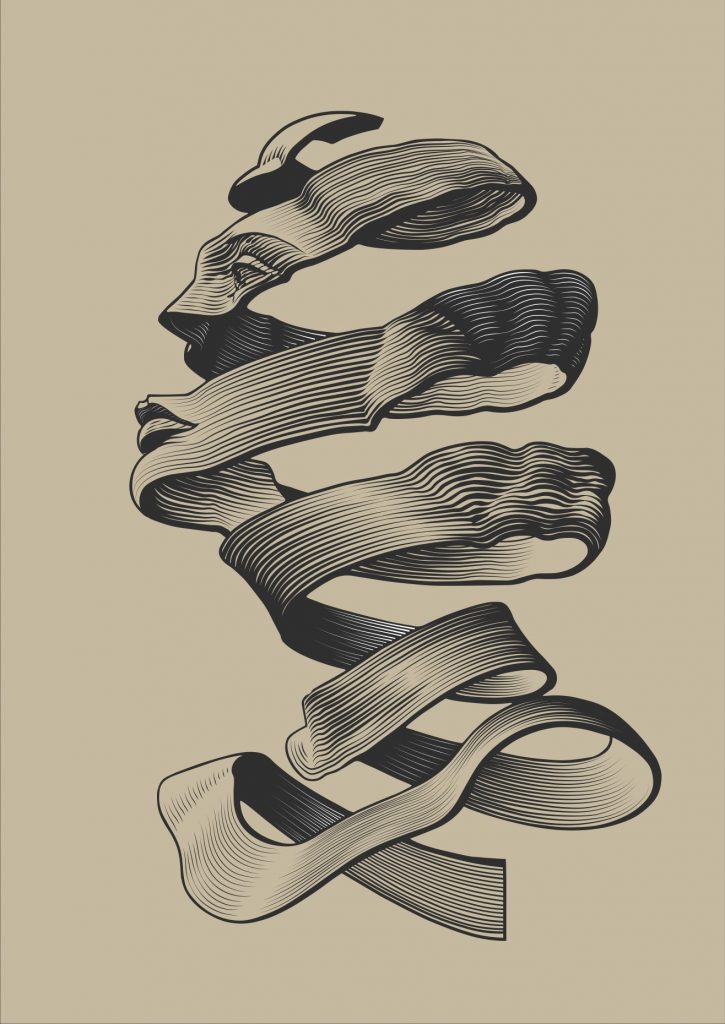– Sheryl Sandberg
The unequal treatment of women in prison can be influenced by a variety of factors, and it is a complex issue that encompasses social, economic, and systemic aspects. Some key points to consider regarding the unequal position of women in prison include: Gender Bias in Legal System; stereotypes and societal expectations about gender roles; offense types: women often end up in prison for different types of offenses compared to men; impact on families; healthcare and reproductive rights; abuse and violence; limited rehabilitation programs.
Efforts to address these issues often involve legal reforms, advocacy for gender-sensitive policies, and initiatives to improve conditions within prisons. Promoting alternatives to incarceration, addressing the root causes of criminal behavior, and supporting rehabilitation programs can contribute to a more equitable criminal justice system for women. Additionally, raising awareness about these issues is crucial for fostering public understanding and support for positive change.

The unequal treatment of women in prison can be influenced by a variety of factors, and it is a complex issue that encompasses social, economic, and systemic aspects. Some key points to consider regarding the unequal position of women in prison include: Gender Bias in Legal System; stereotypes and societal expectations about gender roles; offense types: women often end up in prison for different types of offenses compared to men; impact on families; healthcare and reproductive rights; abuse and violence; limited rehabilitation programs.
Efforts to address these issues often involve legal reforms, advocacy for gender-sensitive policies, and initiatives to improve conditions within prisons. Promoting alternatives to incarceration, addressing the root causes of criminal behavior, and supporting rehabilitation programs can contribute to a more equitable criminal justice system for women. Additionally, raising awareness about these issues is crucial for fostering public understanding and support for positive change.
Meet colleagues across Europe pursuing the same goal. Contribute your knowledge to the community. Be the first to hear the latest developments on small scale forms of detention. Unlock your curiosity and become part of the RESCALED community.
Mental health care, such as therapy or counselling, shall be available as a general healthcare routine as opposed to only for specific or severe problems. Special attention shall be given to gender issues and its effects on mental health and feelings of safety.
Gender and sexual orientation
Material living conditions
Household and personal hygiene shall be respected and properly maintained at all times, with attention to individual needs concerning hygiene (women, elderly people, people with disabilities, people with specific medical requirements, etc.). Incarcerated people shall have access to sanitary facilities that are hygienic and guarantee privacy. They shall be provided with toiletries and cleaning materials for this purpose.
The European Rules on Detention Houses (ERDH) is a milestone document for the criminal justice system and reflects the larger impact of this system on society. Drafted by representatives with different legal and cultural backgrounds from all regions of Europe, the ERDH were launched on October 31st as common standards to implement small-scale, differentiated and community-integrated detention houses in the European Union, as part of a pivotal change already happening in criminal justice systems across Europe. The ERDH set out the ecosystem of a detention house on its own and as part of, and within a community and society, emphasizing sustainability. As the European Prison Rules have been common standards for large-scale prison institutions, the European Rules on Detention Houses shall form essential standards for detention houses, in order to guarantee a way of liberty deprivation that is humane and more fit for the 21stcentury.
The European Rules on Detention Houses (ERDH) is a milestone document for the criminal justice system and reflects the larger impact of this system on society. Drafted by representatives with different legal and cultural backgrounds from all regions of Europe, the ERDH were launched on October 31st as common standards to implement small-scale, differentiated and community-integrated detention houses in the European Union, as part of a pivotal change already happening in criminal justice systems across Europe. The ERDH set out the ecosystem of a detention house on its own and as part of, and within a community and society, emphasizing sustainability. As the European Prison Rules have been common standards for large-scale prison institutions, the European Rules on Detention Houses shall form essential standards for detention houses, in order to guarantee a way of liberty deprivation that is humane and more fit for the 21stcentury.
Mental health care, such as therapy or counselling, shall be available as a general healthcare routine as opposed to only for specific or severe problems. Special attention shall be given to gender issues and its effects on mental health and feelings of safety.
Gender and sexual orientation
Material living conditions
SURVIVORS
SURVIVORS
Together, we want to create a space where everyone can feel accepted and respected – regardless of gender identity, skin colour, religion, ethnicity or ability. We assume that all participants come to our events with the best intentions and treat each other with respect.